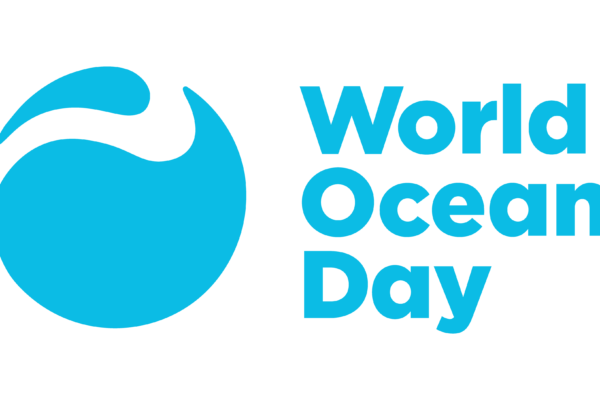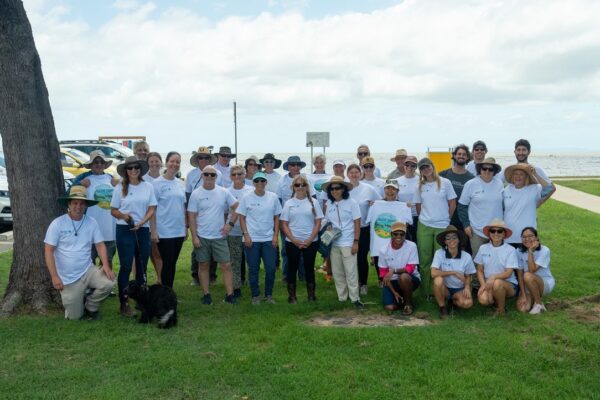Throughout the history of these nature documentaries, from Cousteau’s first films in the 1950’s until today, it’s been implicitly understood that what we are seeing is real – we’re going on a guided tour of an unseen part of our world, meeting real animals there in their natural habitats and taking it all in first hand as documented by the filmmaker. Seeing new and exotic sights and observing the behavior of rare and bizarre sea creatures was inherently interesting in and of itself, hence the profusion of nature-oriented documentary films following in Cousteau’s footsteps in the years since he began setting the standard. How, then, to explain “Mermaids: The Body Found,” which counted more than 10 million viewers when it aired on Discovery Communications’ animal-centric network Animal Planet?
A plainly fictional film, designed to mimic the style and tone of real documentaries, “Mermaids: The Body Found” is one of the most egregious examples of how sensational “documentary” programming has slowly replaced the factually rich, scientifically-minded approach to entertaining an audience that Cousteau used to such great effect in his films and TV programs. In each episode of his “Undersea World with Jacques Cousteau,” which aired for 9 years during the last 60’s and early 70’s, the intrepid Frenchman seemed to be beckoning viewers to come along with him on a real adventure to places that really exist, but are merely hard for most of us to reach. The ghosts, psychics and mermaids that have come to populate the “documentaries” on today’s cable channels may be compelling to all of us in their own way (after all, who doesn’t like a little escapist fantasy?), but presenting fantastic stories like these that lack any empirical evidence as documentaries, and even presenting actors as “scientists” like “Mermaids” does repeatedly, are at best a waste of time and at worst a sign of a culture that is in danger of fantasizing its way out of being able to handle the very real problems that only science can help us understand and solve.
So in honor of Jacques Cousteau’s 103rd birthday, we highly recommend taking a moment to reconnect with the father of nature documentary by taking in one of his classic films – and luckily for you, it couldn’t be easier, as a huge portion of his catalogue is available on YouTube! And as it turns out, Cousteau himself had something to say about mermaids, as the “Forgotten Mermaids” episode of his “Undersea World” series reveals – (watch it here: http://youtu.be/gtintIgeQSY). An attempt to find a serious answer to the question of why the existence of aquatic humanoids (usually females) have been reported by sailors throughout history, “Forgotten Mermaids” suggests that the large, gentle and slow-moving marine mammals might easily have been mistaken for mermaids by sailors whose eyes were tricked by lighting or even their own probable drunkenness, not to mention their yearning for the comforts of a woman during a long sea voyage.
It seems clear that Cousteau’s approach to the topic of mermaids is not just different in presentation, but almost certainly different in its effect on a naive viewer as well. Imagine being a child in 1973 and being introduced to the manatee, and the fascinating new thought that this might be the scientific explanation for a mythical creature – all in a documentary film that showcased the technological innovation of its creator (Cousteau was of course a pioneer in developing the scuba equipment we now take for granted), and induced a sense of wonder about the mysterious phenomena lurking in the depths just waiting to be explored.
Television and films have taken us a journey of understanding, and channels like the Discovery Channel have done a great job of advancing the cause over the years, but the easy money of sensationalized reality-TV style programming is threatening to derail the tradition begun by Cousteau. Dreaming about fantastical creatures will always be a welcome distraction, but we hope more of our dreamers will fill their heads imagining science and real places, and answering vital questions about what actually exists.
You can catch most episodes of “The Undersea World of Jacques Cousteau” here: http://www.youtube.com/playlist?list=PLUqpdybB0kCDTcOgYTkizV1nVLVGmVQXb.
AUTHOR BIO
Stephen Whitmore is a freelance TV and film blogger for DirectTVDeal.com. He enjoys writing about the biographies of prominent actors, directors and writers and exploring the impact their great works have had on filmmaking, and has been a lover of Jacques Cousteau’s films and books since childhood. He would like to thank The Ocean Project for the opportunity to share his love of all things Cousteau with their readers and patrons.



